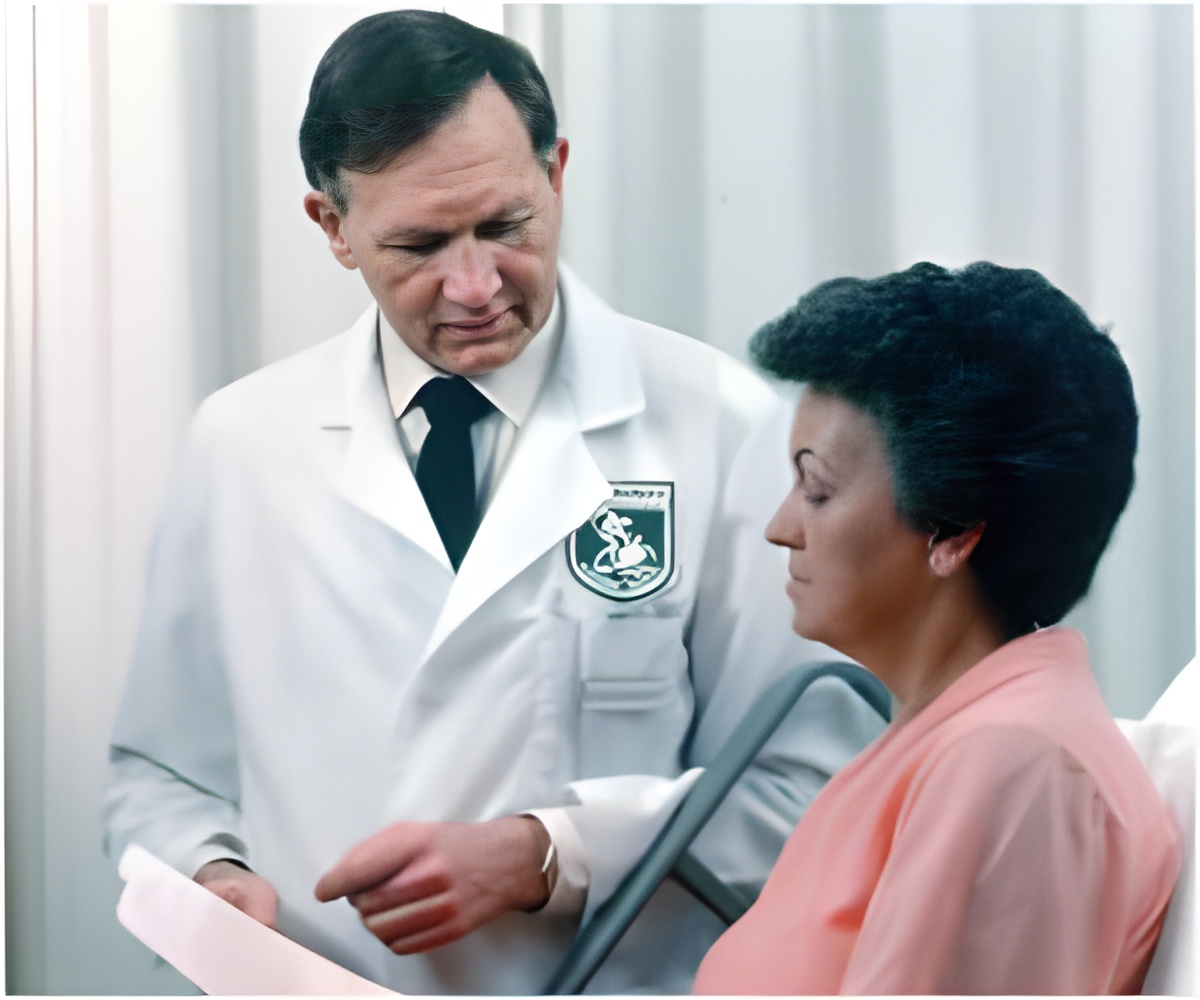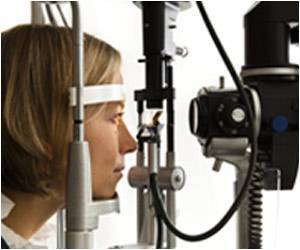A study found that US hospitals face a disincentive to improve care because they make drastically more money when surgery goes wrong than when a patient is discharged with no complications.

An estimated $400 billion is spent on surgery in the United States every year.
Privately insured patients with complications provide hospitals with a 330 percent higher profit margin than those whose surgeries went smoothly, the study published in the Journal of the American Medical Association found.
Patients whose bills are paid by Medicare -- a government insurance plan for the elderly and disabled -- produced a 190 percent higher profit margin when complications arose following surgery.
"It’s been known that hospitals are not rewarded for quality," said study author Atul Gawande, a professor at the Harvard School of Public Health and director of Ariadne Labs.
"But it hadn’t been recognized exactly how much more money they make when harm is done."
"This is clear indication that health care payment reform is necessary," Gawande added. "Hospitals should gain, not lose, financially from reducing harm."
They found that complications were associated with a $39,017 higher profit margin per patient ($55,953 vs. $16,936) for privately insured patients. For Medicare patients, the profit margin per patient was higher by $1,749 ($3,687 vs. $1,880).
Conversely, profit margins were significantly lower when complications arouse with patients who paid out of pocket or through the government-funded Medicaid program to assist low-income children and adults.
That means that while so-called "safety-net" hospitals which primarily treat patients who are either uninsured or covered by Medicaid, reducing complications could improve financial performance.
But most hospitals would see their financial performance hurt if they reduced complications.
Source-AFP
 MEDINDIA
MEDINDIA




 Email
Email




